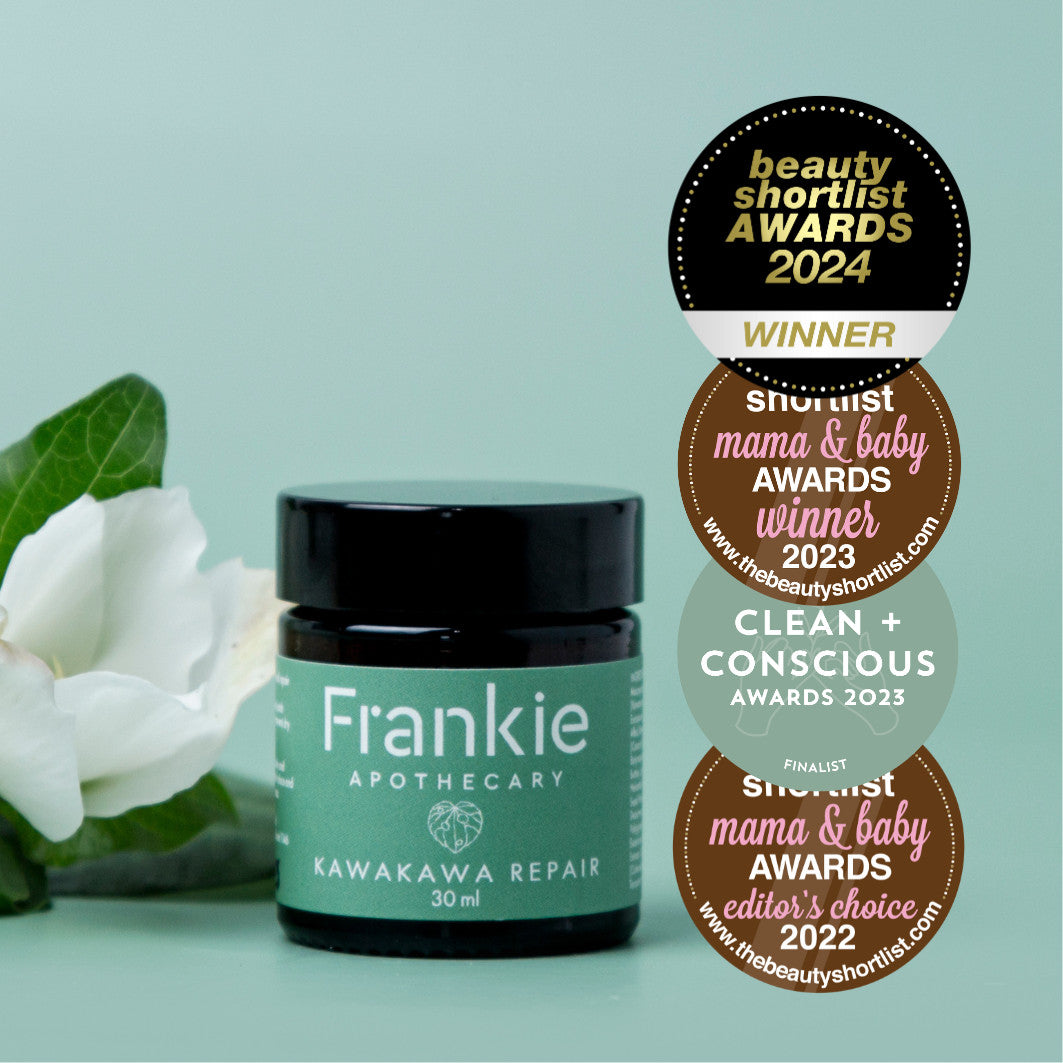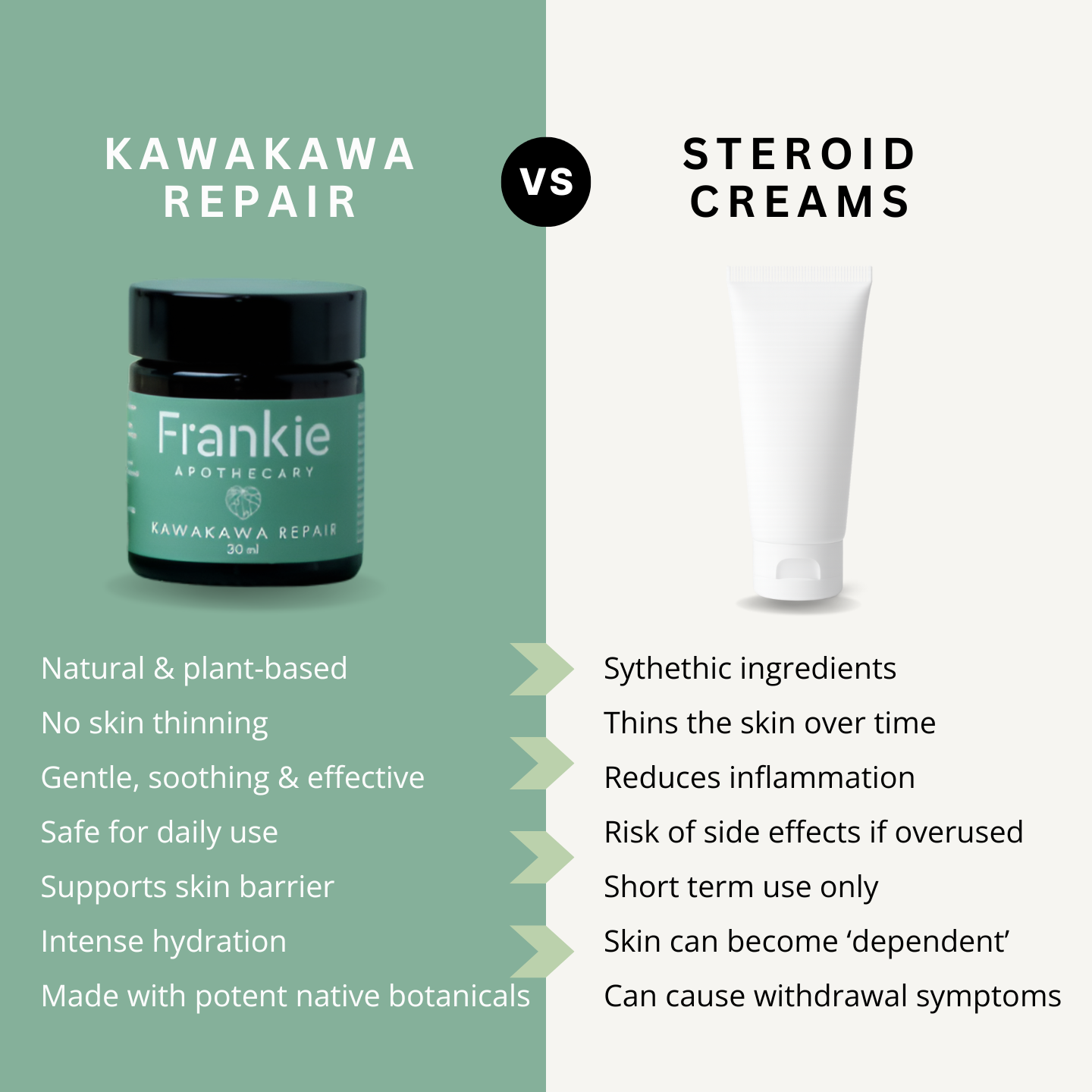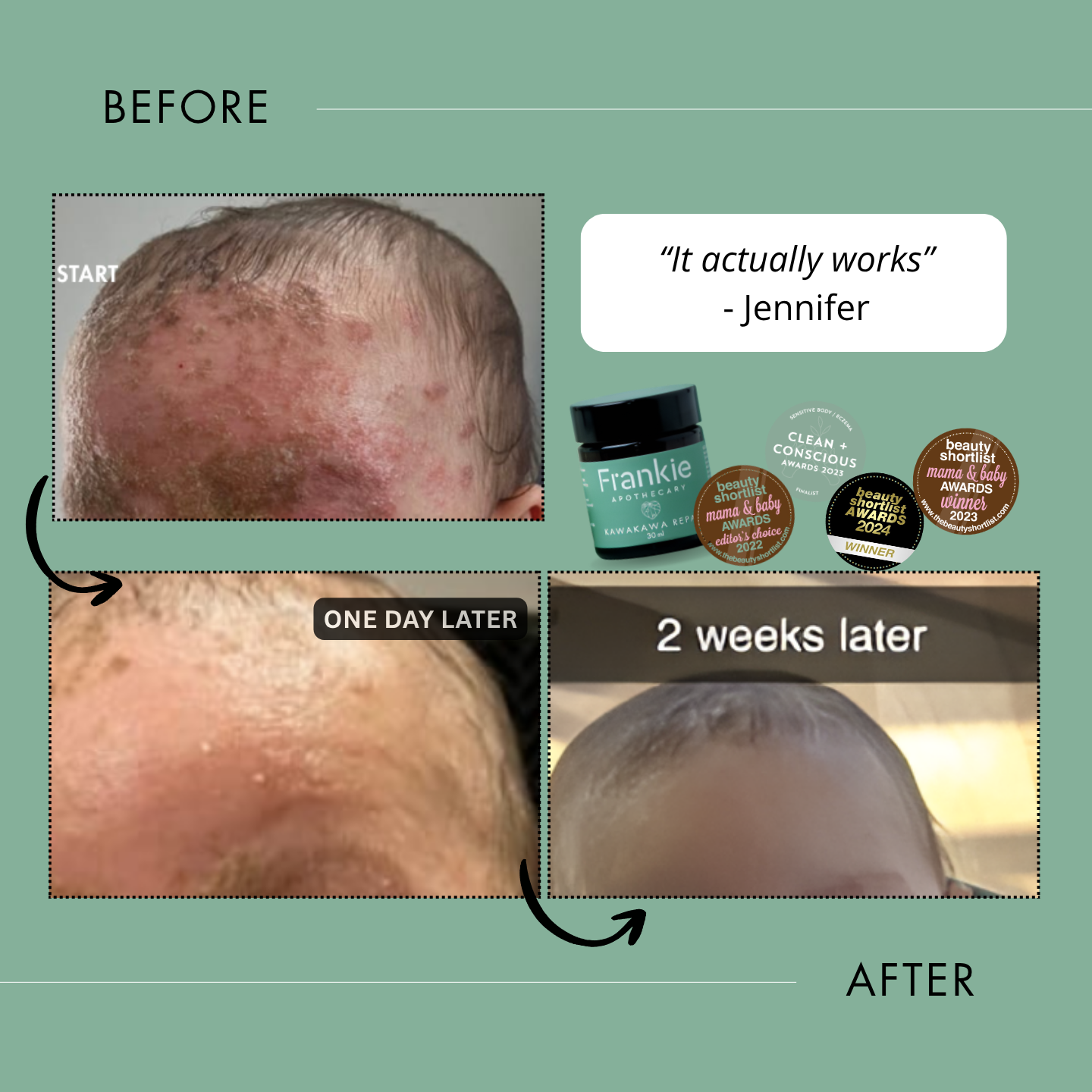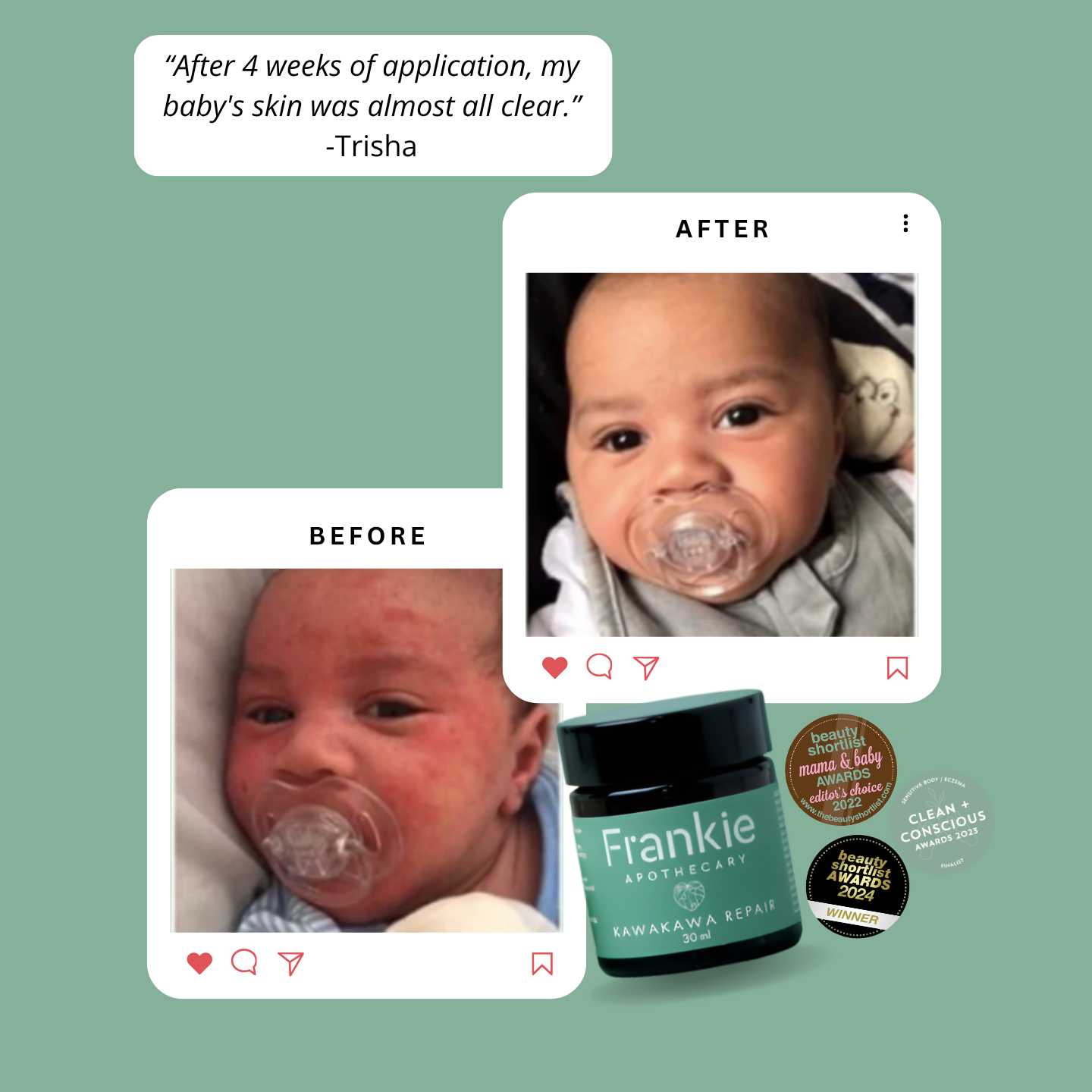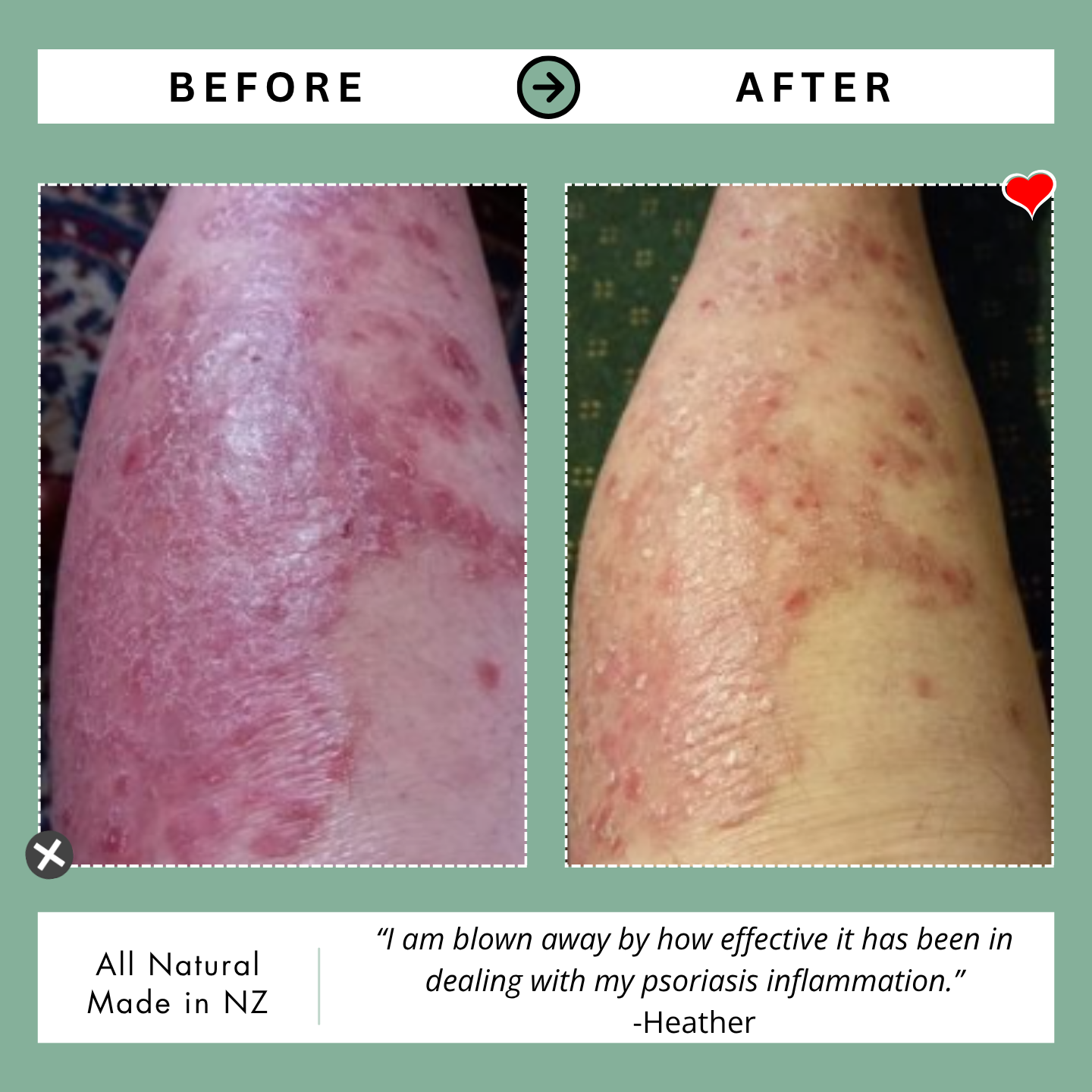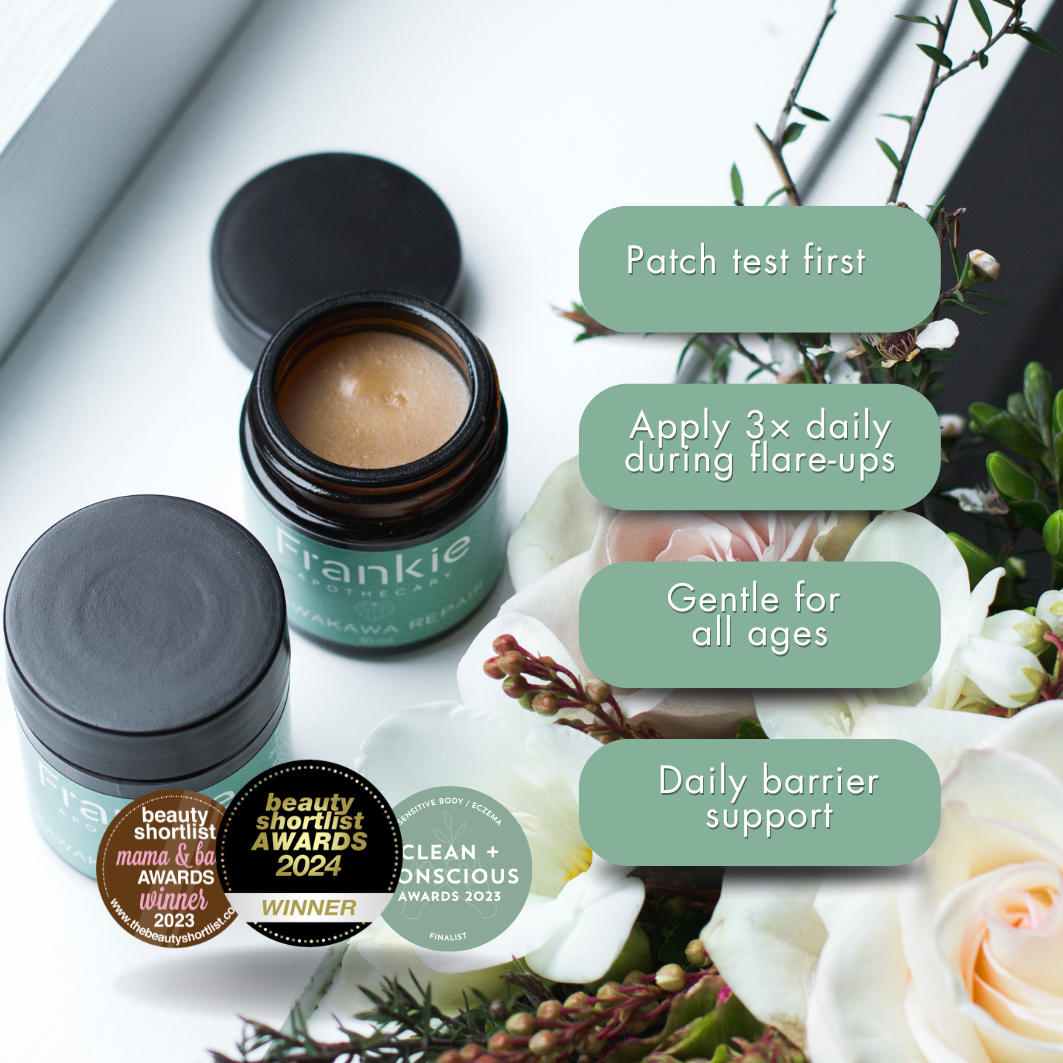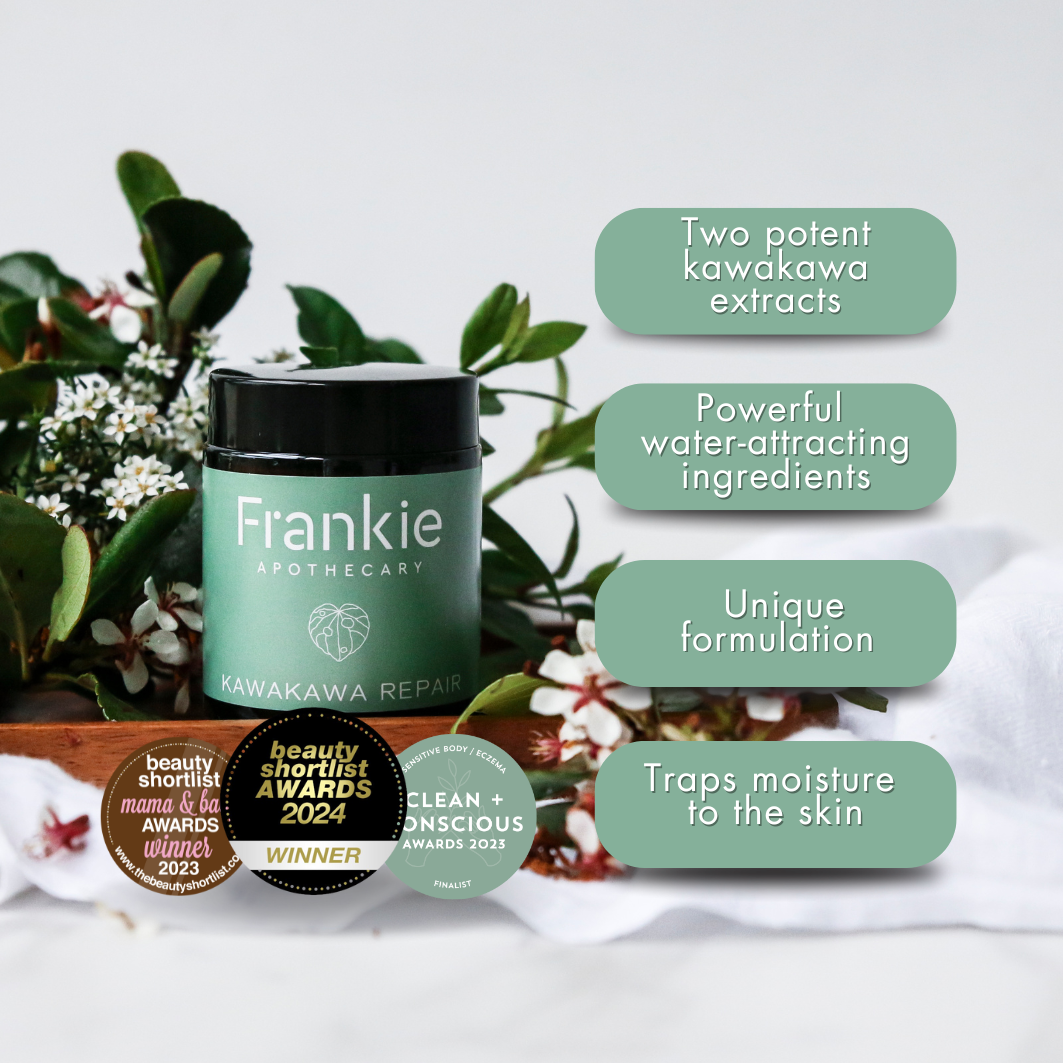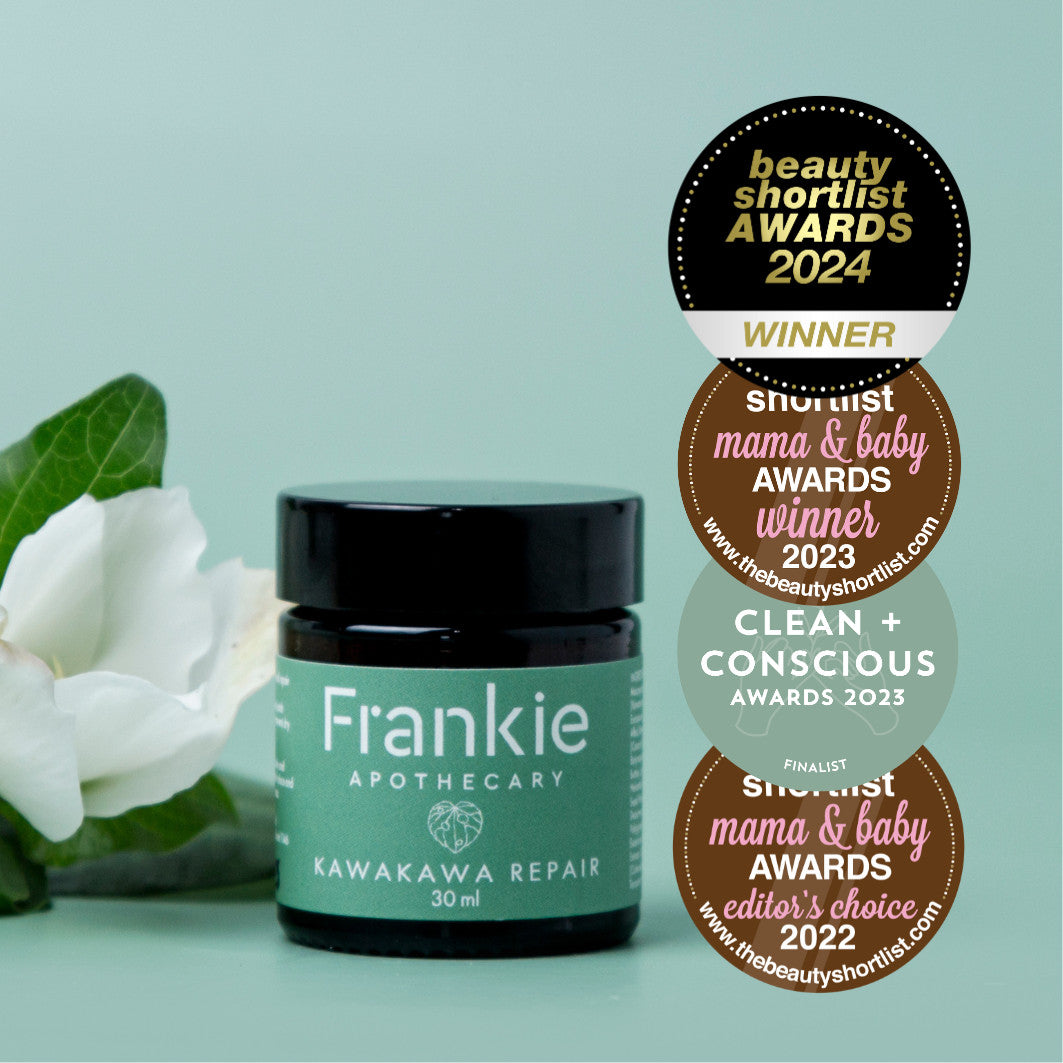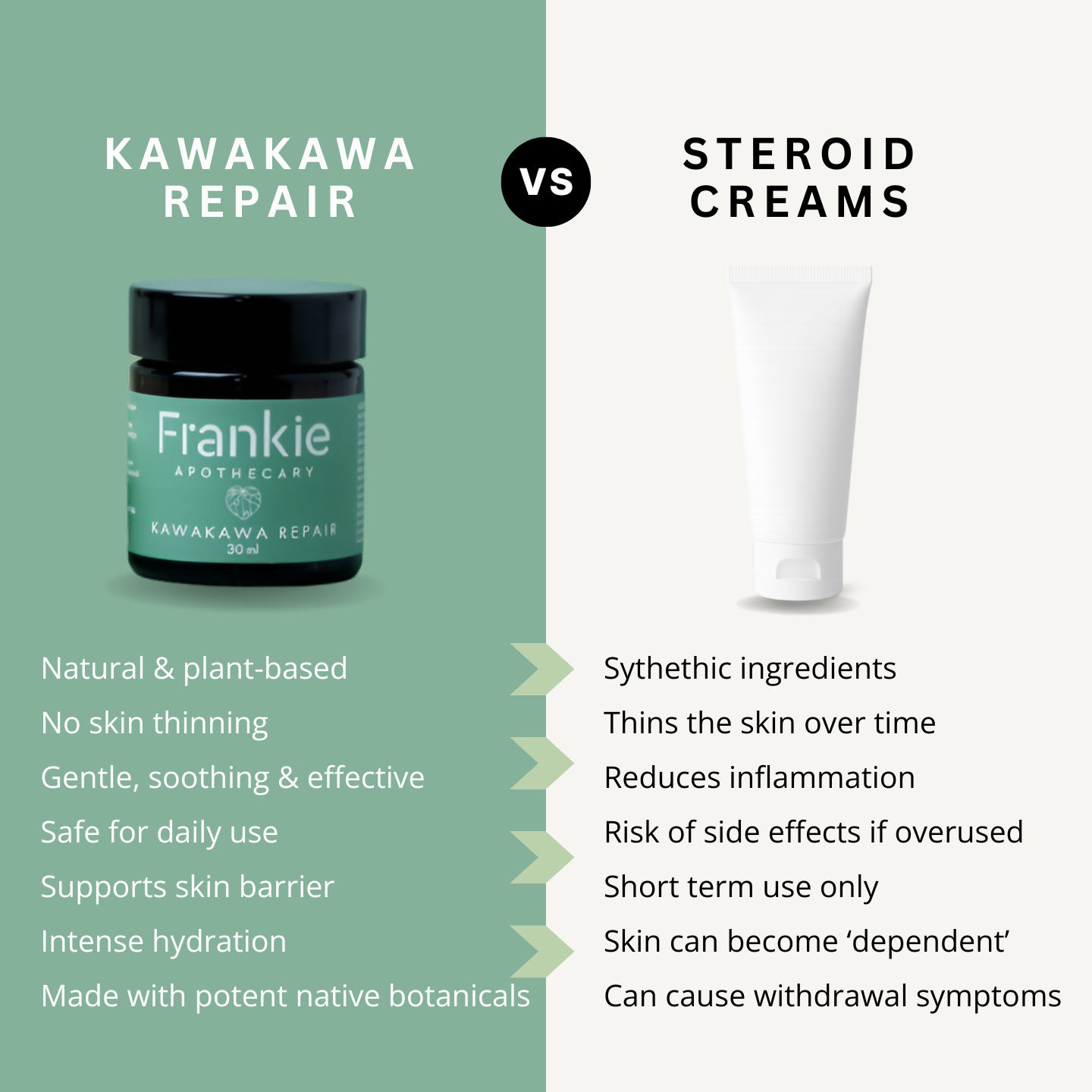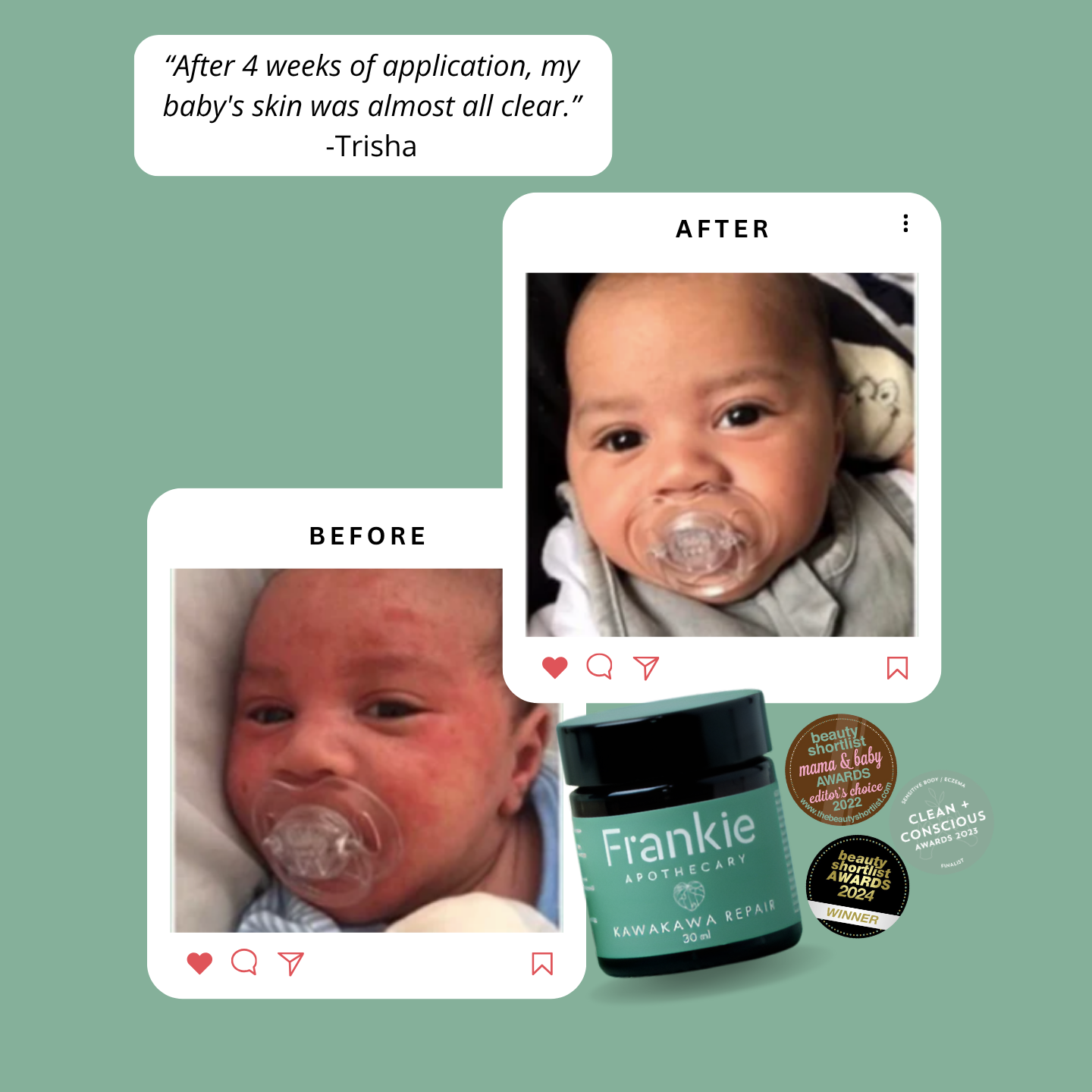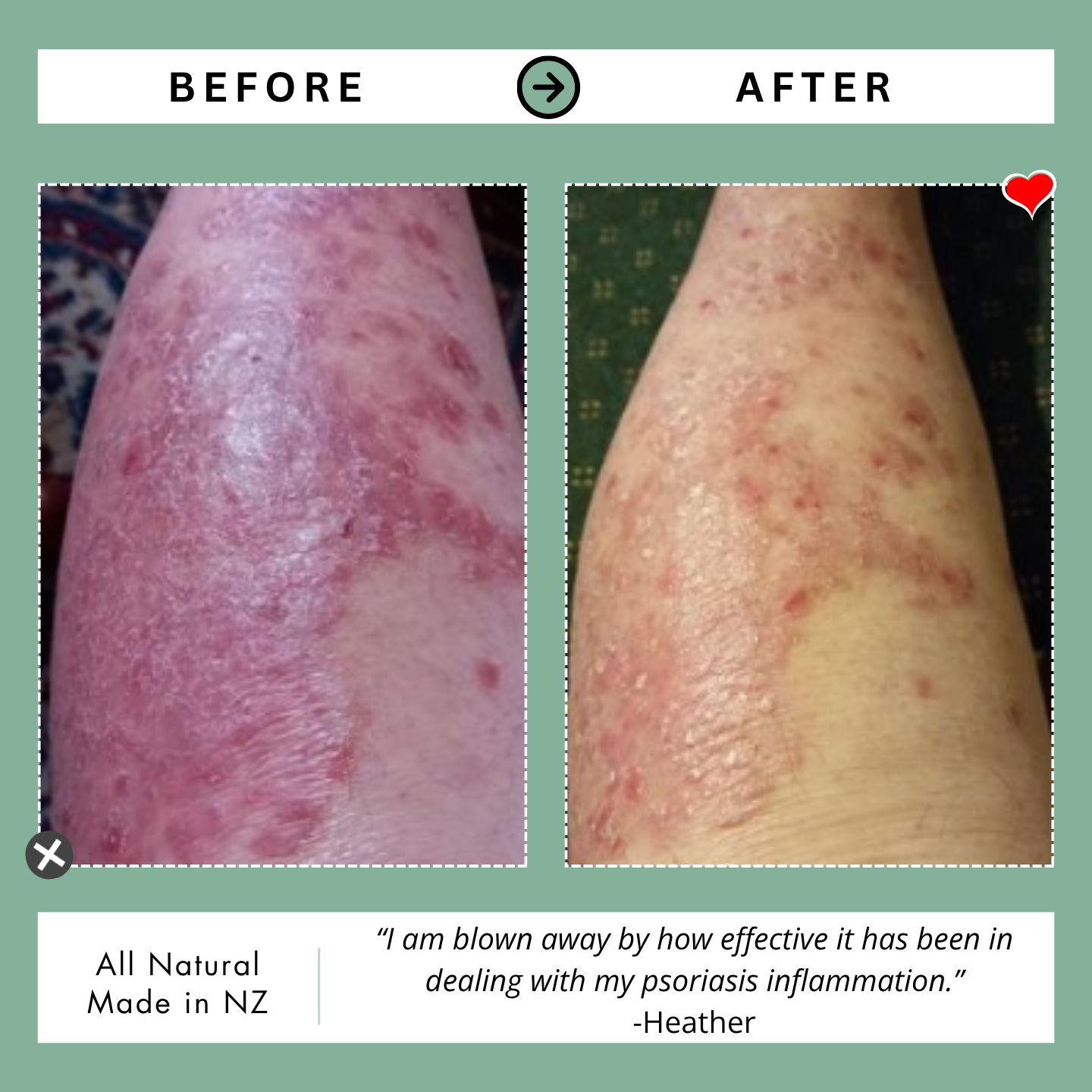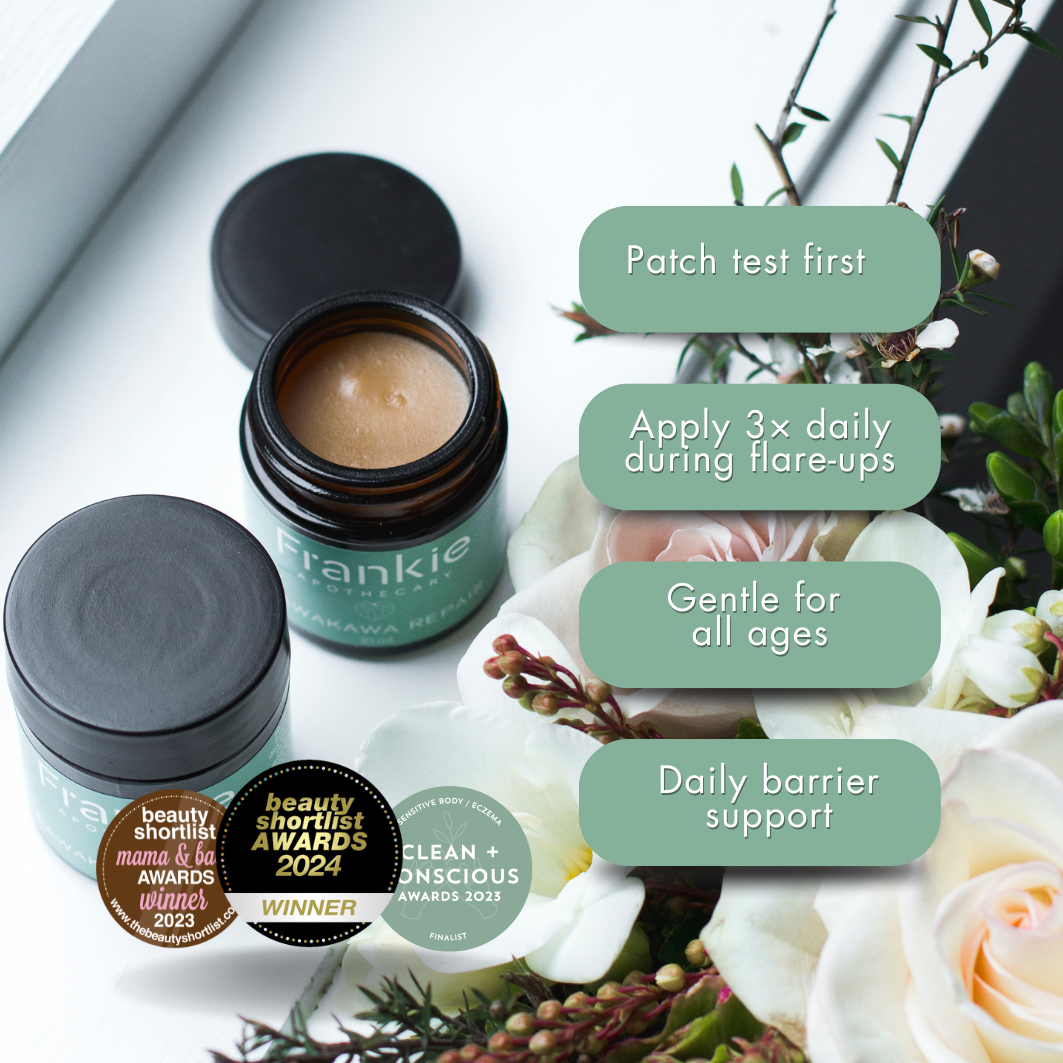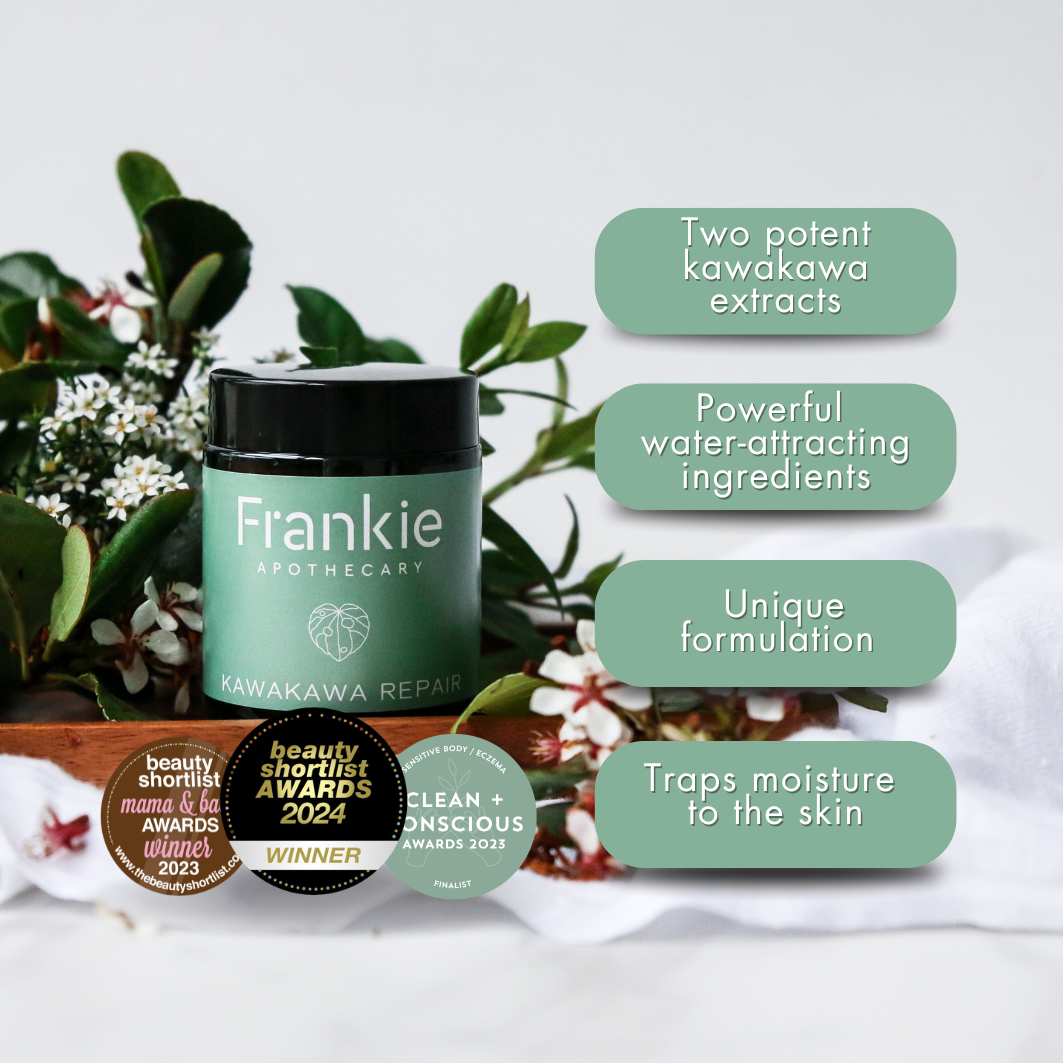Our hormones are here to help
Your hormones are like busy little gardeners, working ceaselessly to try and help your body to enjoy optimal health.
Hormones help regulate and balance our metabolism, growth and development, sex drive and reproduction, our mood and sleep cycle - and countless essential processes (the term is 'homeostasis' and it includes all sorts of processes crucial to your health and wellbeing like blood sugar levels, hydration, electrolyte balance and body temperature.)
How good is that!
Hormones are always doing their absolute best to keep you calm, healthy, well rested and balanced.
It really isn't their fault that modern living constantly throws them curveballs but there are a number of things that can cause these superstars to get off kilter.
Things that can disrupt your hormones
Stress.
When we experience stress, our adrenal glands release a surge of hormones, such as adrenaline and cortisol. Adrenaline increases your heart rate and blood pressure and gives you more energy. Cortisol tells the brain to use more glucose and increases the availability of substances in the body that repair tissues.
It's easy to see how this response helped our ancestors escape tigers and wild fires, but when the cause of your stress is rush hour in Auckland, the super-power benefits of these hormones don't help - in fact, they really aren't needed.
What to do?
It's really important to recognise that your body is just trying to 'save your life', and that this stress reaction is not appropriate for the 'hustle and bustle' of daily life. If your work is overwhelming, your housework is getting away on you, the kids are arguing again - none of these things threatens your life and it's up to you to retrain your stress response so that only actual emergencies trigger your stress reaction. Tools like self-talk, mindfulness, and therapy may be useful.
Sleep!
A key to regulating your hormones so they can look after you well - and for pretty much every aspect of good health - is getting enough sleep. In fact melatonin is a key hormone for making sure you sleep well.
What to do?
There are countless resources to help you finetune your sleep skills but basics include: exercise, getting outdoors and getting light exposure in the daytime (this helps melatonin production), having a regular bed time, avoiding screens for at least an hour before bed, having your bedroom dark enough (light at night reduces your melatonin), never having your phone in your bedroom, avoiding caffeine and alcohol in the evening, vitamins like magnesium, zinc and omega 3 - and again, you can practice mindfulness for a quieter, calmer mind.
Detox
You knew this was coming, right? Our bodies are constantly exposed to endocrine disruptors, chemicals which unbalance our hormones. We breathe them in, and we put these chemicals in our mouths, and on our skin day after day.
- Environmental - fuel fumes, synthetic car upholstery, household cleaners, mould inhibitors in lounge suites and pillows, petrochemical-based synthetic fabrics
- Food - pesticides, herbicides, plastic drink bottles, plastic food containers, cling wrap, polystyrene, non-stick pans, the plastic linings inside tinned food and kettles
- On our body - shampoos, toothpastes, skin care, make up, soap, bodywash, even dental floss
Hormone-disrupting chemicals such as phthalates, parabens, phenols, triclosan and synthetic fragrances are added to skin care and personal care products to make them foamy, to give them anti-bacterial properties, to make them smell nice... or to help the product penetrate the skin.
The idea that an endocrine disruptor (PFAs, perfluoroalkyls and polyfluoroalkyls) designed to make a product containing hormone-damaging ingredients be absorbed through the skin is particularly disturbing... and there are concerns that unborn babies may be vulnerable to the chemicals absorbed by their mother.
What to do?
Minimise your exposure by using fewer products, and choosing natural products. You'll cut down your exposure to toxic chemicals and reduce spend as well as protecting your helpful hormones.
- You can choose to buy less household cleaners, substituting natural remedies like vinegar and baking soda for areas that don't have to be totally disinfected.
- Use a good facial oil and a moisturiser, but ask yourself if you really need six skin care products for your face.
- Throw away your cheap mass-produced cosmetics and buy fewer, more natural items.
- Invest in good food storage containers like stainless steel lunchboxes; or just put food in the fridge in a bowl with a saucer on top!
- Buy a cast iron pan (it will last a lifetime) and toss the teflon.
- Use glass or steel reusable water bottles and glass carry cups for coffee.
Why do we care so much?
When Georgina and Matt visited a fertility specialist, Georgina was deeply shocked to realise there were hormone disrupting substances in her harmless looking sunscreen, bought from the supermarket.
Detoxing sunscreen was one of the first things Georgina did, while also looking more closely at the other ingredients in her daily beauty routine. While reducing exposure to hormone disrupting chemicals is always a good thing, during times of hormonal change, whether it be puberty, pregnancy, peri-menopause and menopause, it's more important than ever. This revelation was part of the reason the pair decided to take over Frankie Apothecary and helps drive their passion for the natural products they create.
You can rest assured that you will never find phthalates, parabens, triclosan, phenols or PFAs in our natural skin care range, our bath and hair care, or our eczema care products.
Frankie Apothecary is committed to creating the most gentle and safe products we can, to care for your skin and hair, naturally.



